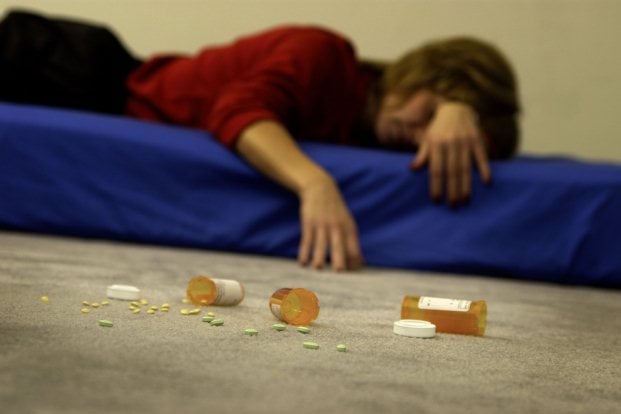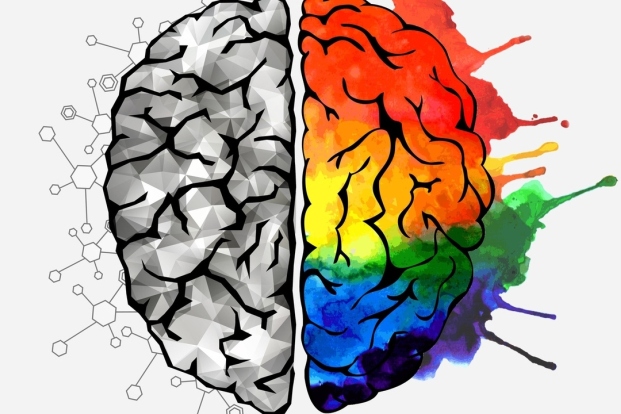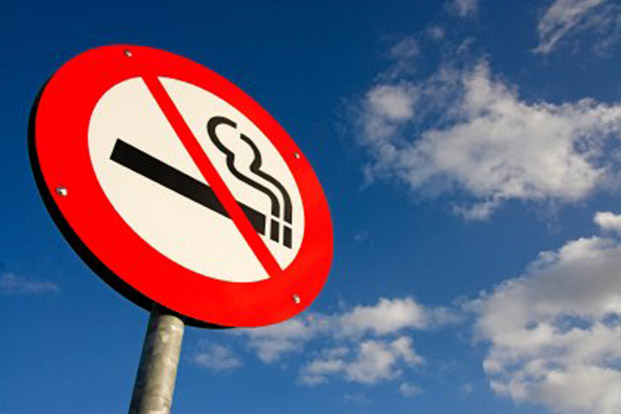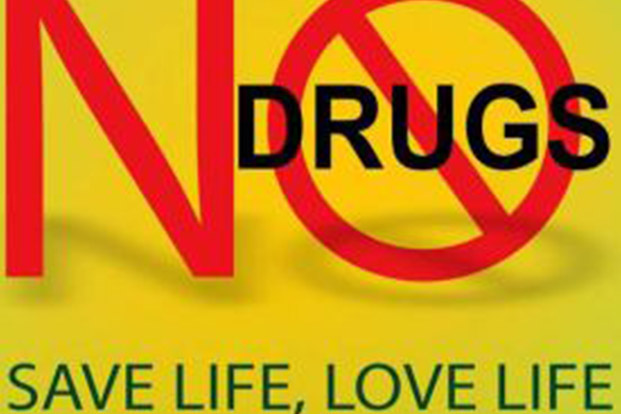Does alcohol and other drug abuse increase the risk for suicide?
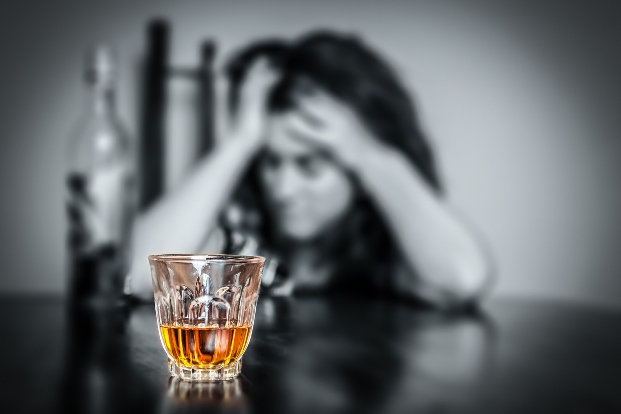
Apr 19, 2022
The misuse of alcohol or drugs is second to depression as the most frequent risk factor for suicide and suicidal behavior. The risks increase if Substance Use Disorder (SUD) co-occurs with depression major depressive disorder or other mental health disorders such as Post Traumatic Stress Disorder (PTSD), Anxiety Disorder, Bipolar Disorder, Schizophrenia and few personality disorders.

Alcohol Abuse: A Coping Mechanism
Those who experience depression or these other disorders often turn to drugs or alcohol as coping measures. Sometimes this use can evolve into SUD. For particular groups at risk, like as American Indians and Alaskan Natives, depression, and alcohol use and misuse is the most common risk factor for suicide. Alcohol and substance misuse problems contribute to suicidal behavior in so many ways. Alcohol and Suicide go together hand in hand in a large number of problems, that can be prevented. Because alcohol is the most similar factor involved with suicide and because alcohol abusers are so much more likely to commit suicide than non-abusers. It is comfortable to define that a large percentage of suicides can be prevented by treating alcoholism. Basically, it also proves the relationship between the two.
Alcohol and Suicide:
Because alcohol makes people act more impulsively, the previous suicidal thought may evolve into action with the use of alcohol. Because alcohol inhibits the ability to reason, drunk people do not fully realize consequences, and are 120 times more likely to commit suicide. Alcozalies depressant is a category substance that commonly leads to depression. This abuse causes depression, which is the main emotional factor in suicide.
Antisocial activities acts are performed while abusing alcohol and these acts may lead to suicidal feelings or actions. Drinking causes countless problems in people’s lives, and may cause some to believe suicide to be the only option.


